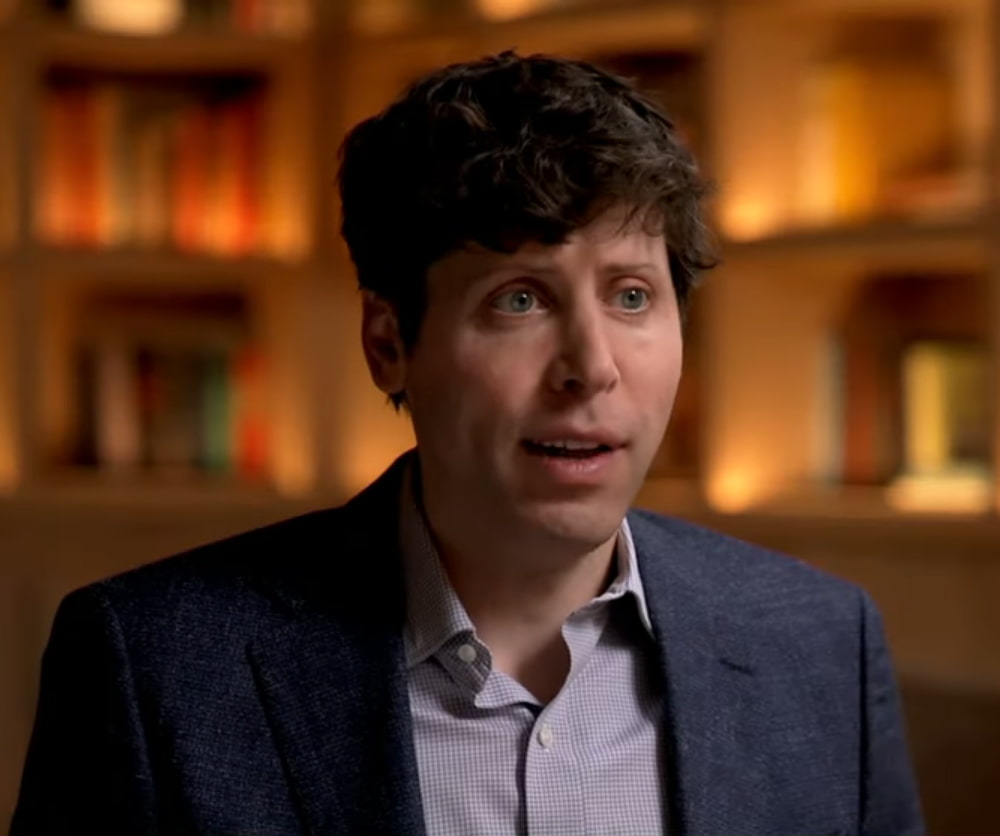The AI field was dull and quiet. While researchers and developers work day and night, most of the buzz the technology created happened mostly within its own field, and rarely reach far beyond its own audience and realm,
That, until OpenAI announced ChatGPT, which is an AI chatbot tool that can a wide range of tasks, including writing poetry, technical papers, novels, and essays.
Sooner than later, he internet was quickly captivated, and even strike fear into Google.
Sam Altman, the CEO of OpenAI, said that he's kind of worried, and that he's also "scared" of his company's own creation.
But despite the dangers, he said that it could also be "the greatest technology humanity has yet developed" to drastically improve people's lives.

In an interview with Good Morning America, Altman noted the technology, and how it can be dangerous, and how the society continuously receive surprises about what the AI is capable of.
"I’m particularly worried that these models could be used for large-scale disinformation [...] Now that they’re getting better at writing computer code, [they] could be used for offensive cyber-attacks."
Altman sat down for an interview following the rollout of GPT-4.
According to OpenAI, GPT-4 is massive improvements from the previous iteration, and has the the ability to understand images as input.
Demos show how GTP-4 can describe what's inside a refrigerator, solving puzzles, and even articulating the meaning behind an internet meme.
Altman said that GPT-4 is just one step toward OpenAI's goal to eventually build Artificial General Intelligence (AGI), which can be described as the threshold to mark the moment where AI systems are generally smarter than humans.
While he's enthusiastic, just like most other people who use ChatGPT, it's the AI's potential that keep him up at night.
Altman is also worried about the 'hallucinations problem' these AI models can have, where the models "confidently state things as if they were facts that are entirely made up."
When ChatGPT took the world by storm, Altman didn't expect the product to be this wildly popular.
After being considered the fastest-growing consumer app in history, and how the popularity made its servers populated with frequent downtimes, Altman stressed that the world may not be that far off from potentially scary AI.
And he suggested that ChatGPT is may just be the start towards that scary future.
Because of this, Altman stressed that OpenAI needs both regulators and society to be as involved as possible with the rollout of ChatGPT, insisting that feedback should help deter the potential negative consequences the technology could have on humanity.
Altman is worried and scared. But at the same time, he believes that ChatGPT can be used as tools for humanity, and that the advantages can outweigh the risks.
In any field, Altman and his team want users to think of ChatGPT as a "co-pilot," or someone who could help them write extensive computer code or solve problem, or give advise.
"We can have that for every profession, and we can have a much higher quality of life, like standard of living," Altman said. "But we can also have new things we can't even imagine today - so that's the promise."
But regardless, the CEO behind the company believes that AI will reshape society as we know it.